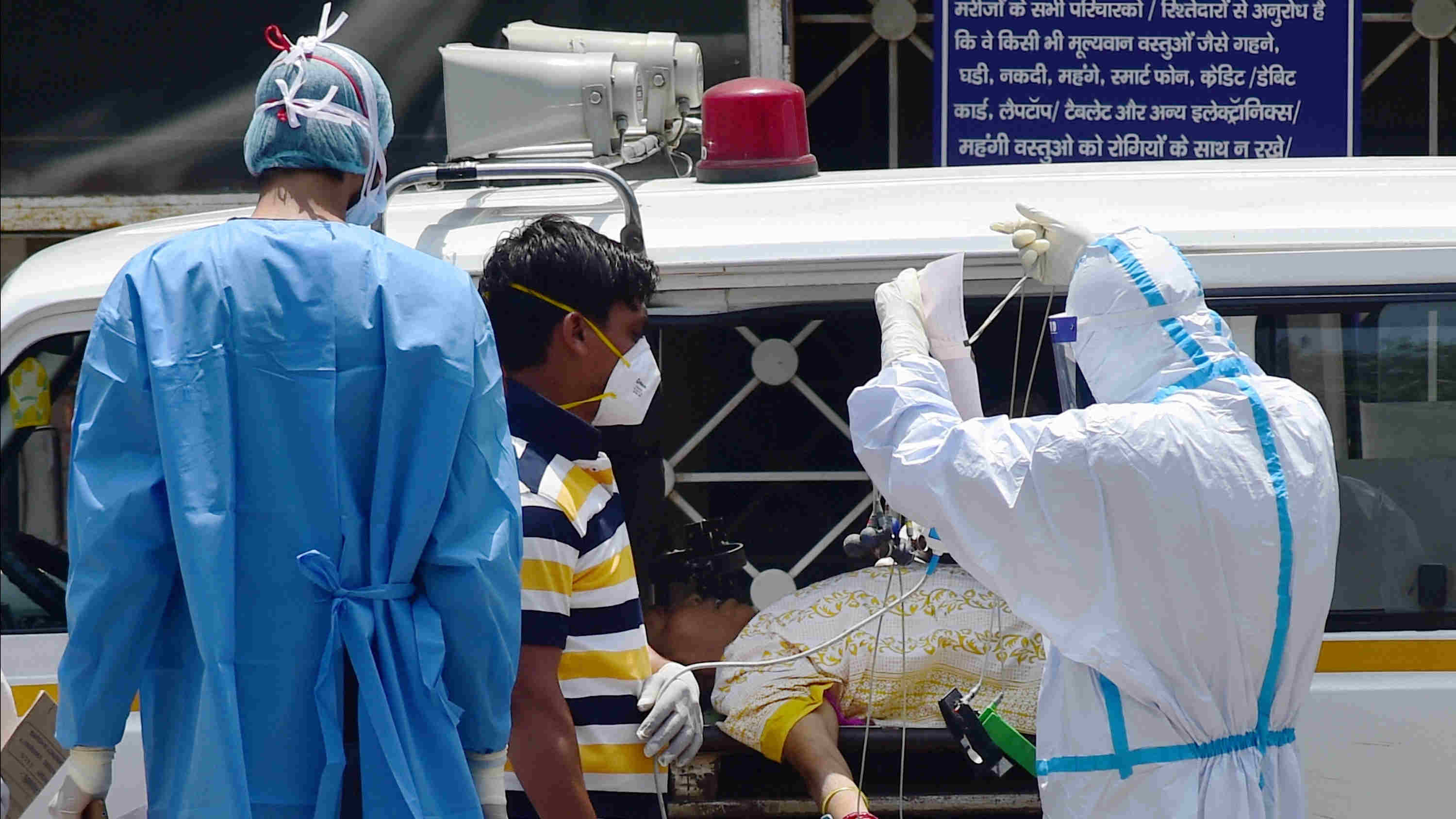“Oh, I have taken too little care of this!” — King Lear
This quote is from Shakespeare’s King Lear. The megalomaniac king is plucked out of his palace and schooled on the heath, exposed to the ‘pitiless pelting’ of realities. He experiences life as his subjects do. Why did Lear fail to read the obvious?
This question brings us face to face with the unfolding human tragedy in the second wave of the pandemic. Unlike King Lear, Prime Minister Narendra Modi is a hard-working, austere leader. Yet, the country is facing a health crisis it has never faced before. Millions are suffering. Worse, their suffering didn’t have to be so acute. Imagine the gates of hospitals being shut against citizens desperate for medical help even in the nation’s capital. Imagine patients lucky enough to be admitted to them dying, gasping for oxygen. Imagine citizens breaking down in full public view.
Shakespeare assumes it as axiomatic that awareness of the realities is a function of love. We are ignorant because we are indifferent. We are indifferent because we are deficient in love. Leaders are of two kinds. The first type loves the people for their sake. We call them statesmen. The second type loves the people for one’s own sake. We call them politicians. The proof that a leader loves the people is that he identifies himself with them and anticipates their needs — as parents do. Distance, or aloofness, denotes a denial of love.
When love declines, egoism takes over. Hitched to unlimited power, rulers tend to play god to their people. To play god, one has to disown one’s limitations. Assuming oneself to be limitless and self-sufficient like Lear incurs the risk of becoming increasingly unaware. Awareness of realities stings because it makes one aware of one’s limitations. Hubris is nothing but the presumption of being limitless, which is contrary to the logic of life and history. The attractiveness of an Opposition-mukt Bharat is that it dismantles all limitations. Allergy to limitations and resistance to awareness are two sides of the same coin. The essential thing that anyone who has even a faint intention to govern caringly should do is to enlarge, not shrink, his or her awareness. This awareness was the soul of Mahatma Gandhi’s idea of politics.
For over a year, we have known that the devastating second wave was coming. While many nations were facing its fury, we chose to be smug and euphoric. This is not an exception. Rather, it is consonant with the fact that our national ethos has been re-oriented from welfare to euphoria. Good governance must be hitched to welfare, not euphoria. Euphoria need not be related to improvement in quality of life. Indeed, euphoria is induced in citizens to anaesthetize them to their plight. It is the political opium of the people. Compare the euphoria whipped up about the arrival in India of five Rafale jets with the current non-availability of the lowly oxygen. Think of the relative investment, and judge for yourself if welfare or euphoria is our craze.
The politics of euphoria makes commitment to citizens’ welfare peripheral. So long as its spell lasts, failure in governance will have, if anything, only a negligible impact on electoral outcomes. Given how short-lived public memory is, and the alchemy of euphoria, politicians can afford to neglect people’s welfare and win elections by a military sleight of hand to the drum roll of propaganda. Euphoria is brewed at a distance. Citizens remain its passive consumers, eager to repose their faith in a charismatic leader, who is believed to have the answers to all their problems. Governance is what he does to the people, and not what he and the people together do for themselves.
This tells upon the leader as well. He comes under the obligation to seem self-sufficient, which limits his freedom to draw on the full extent of available expertise and resources. If one is self-sufficient, why need or heed anyone else? Yet no nation can be a one-man show. It is, perforce, a collective enterprise. The wealth of a nation — culture, history, art, economics, and many things else besides — is the achievement of a people, not one man’s magic. Charismatic geniuses are germane to religion; but democratic societies are better served by statesmen.
India had the advantage of seeing other nations battle the second wave. But we chose to be euphoric, and announced prematurely our facile and final victory over the scourge. The opium of euphoria, currently in short supply, is sure to be back in circulation when the present wave of death and devastation subsides, unmindful of the unspeakable agony our people suffered and the humongous toll it took on precious lives; except that the third wave stands and grins, not far behind the second.










